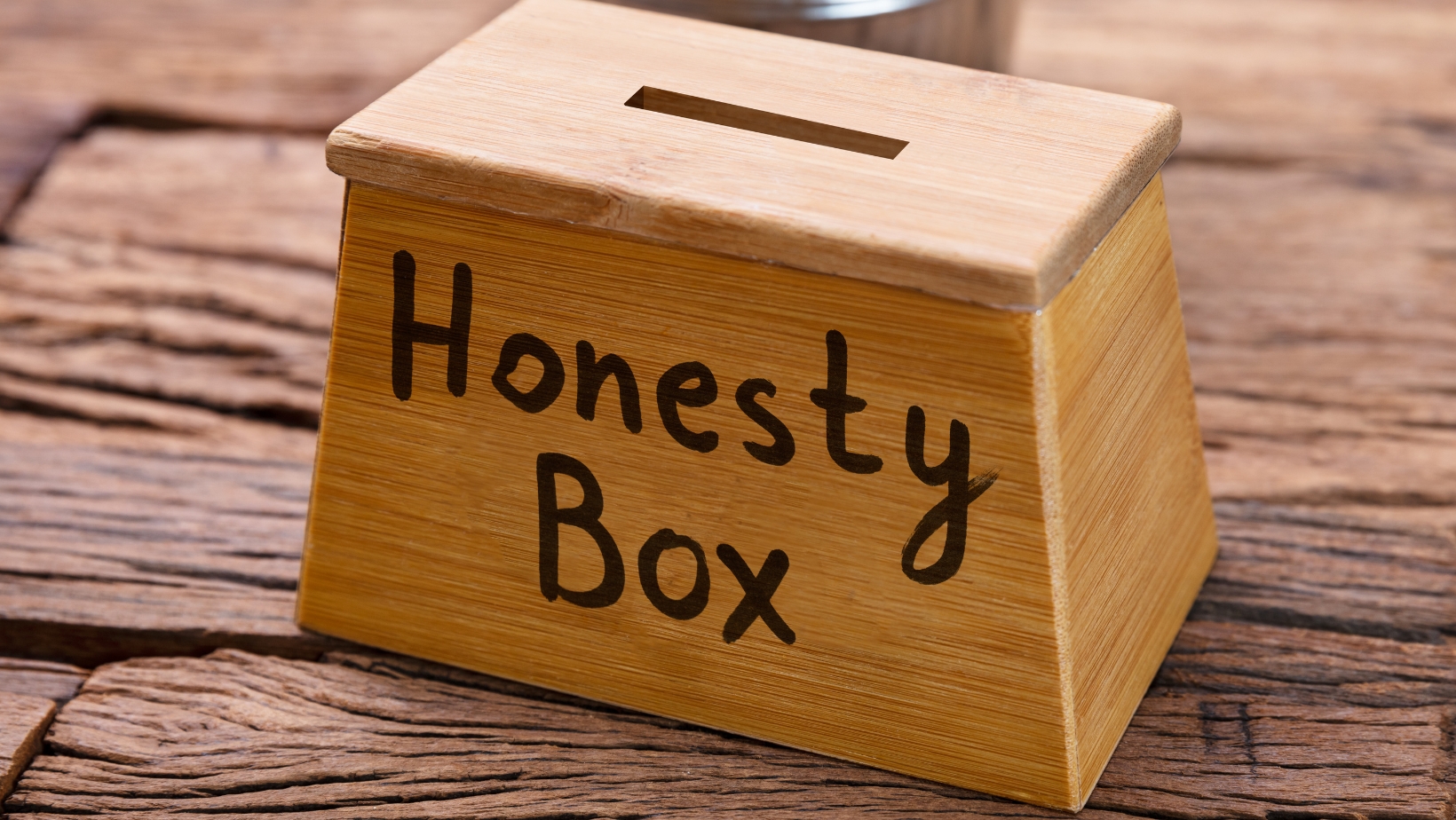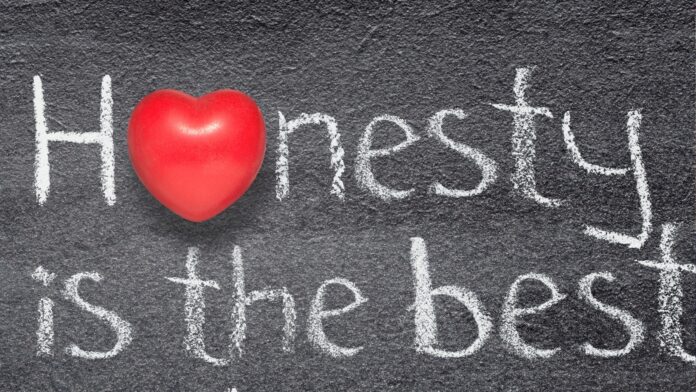When it comes to honesty, there’s no denying its significance in our relationships and interactions with others. But have you ever stopped to consider when exactly you want others to be honest with you? It’s an intriguing question that invites us to explore the different scenarios where we value honesty the most.
One key aspect is when we seek feedback or advice. Whether it’s about our work, personal development, or even something as simple as fashion choices, we often rely on the input of others. In these situations, we genuinely appreciate their honesty because it helps us grow and make informed decisions. Constructive criticism can be valuable for self-improvement, allowing us to see things from a different perspective and identify areas where we can enhance our skills or outlook on life.
Another crucial time when we crave honesty is during moments of uncertainty or doubt. When grappling with important decisions or facing challenging situations, having someone who can provide truthful insights becomes invaluable. We rely on their candor to help us navigate through uncertain waters and gain clarity amidst confusion. Knowing that someone has our best interests at heart and will tell us the truth enables us to approach these circumstances with confidence.
The Importance of Honesty in Relationships
When it comes to relationships, honesty plays a crucial role in building trust, fostering open communication, and navigating difficult conversations. Being honest with one another creates a foundation of authenticity and transparency, which is essential for the overall health and success of any relationship.
The Value of Open Communication
Open communication is at the core of any meaningful relationship. When we are honest with each other, we create an environment where thoughts, feelings, and concerns can be shared freely. This allows both parties to understand each other’s perspectives and work towards finding common ground. Whether it’s discussing personal boundaries, expressing needs and desires, or addressing conflicts head-on, open communication nurtures a deeper level of understanding and connection.
In romantic partnerships, being honest about our emotions helps build intimacy and fosters emotional vulnerability. Sharing our fears, insecurities, hopes, dreams – all contribute to a stronger bond between partners. Likewise, in friendships or family relationships, open communication allows individuals to support one another through life’s challenges by offering guidance or lending an empathetic ear.
Building Trust Through Honesty
Trust is the bedrock upon which all successful relationships are built. Honesty plays a pivotal role in establishing trust because when someone consistently tells the truth and keeps their promises, it creates a sense of reliability and dependability. Trust enables individuals to feel safe in expressing themselves fully without fear of judgment or betrayal.
On the flip side, dishonesty erodes trust quickly. Even small lies or omissions can chip away at the foundation of trust that took time to build. When trust is compromised within a relationship due to dishonesty or deception, it becomes challenging to regain that sense of security.

When Do You Want Others to Be Honest with You?
When it comes to honesty, there are times when we crave it and times when we may not be quite ready to hear the truth. Understanding our own readiness for honesty is an important aspect of building healthy relationships and personal growth. So, how do you know when you’re truly prepared for others to be honest with you? Here are a few key indicators:
- Openness to Feedback: One sign that you’re ready for honesty is a genuine openness to receiving feedback from others. Instead of becoming defensive or dismissive, you approach constructive criticism with curiosity and a willingness to learn and grow.
- Seeking Different Perspectives: When you actively seek out diverse perspectives on a given topic or situation, it shows that you value honest input from others. Whether it’s soliciting opinions from trusted friends or seeking professional advice, being open-minded allows you to gain valuable insights.
- Embracing Vulnerability: Being ready for honesty also means being comfortable with vulnerability. It requires acknowledging your own imperfections and shortcomings without fear of judgment or shame. By embracing vulnerability, you create an environment where others feel safe enough to share their honest thoughts and feelings with you.
- Desire for Personal Growth: If you have a genuine desire for personal growth, then it’s likely that you’re ready for others to be honest with you. Recognizing that feedback can help propel your development forward demonstrates maturity and self-awareness.
In conclusion, recognizing when you’re ready for honesty involves being open to feedback, seeking different perspectives, embracing vulnerability, desiring personal growth, and establishing trustworthy relationships. By cultivating these qualities within ourselves, we create an environment that encourages genuine and meaningful conversations with others.


